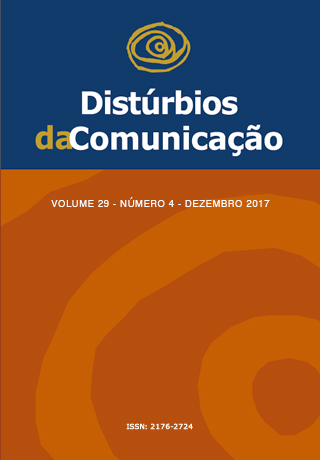Inclusion of students with disabilities in a particular university of Curitiba
DOI:
https://doi.org/10.23925/2176-2724.2017v29i4p749-758Keywords:
Inclusion in higher education, Accessibility, Inclusion committee.Abstract
Discussions on the democratization of higher education have occupied an important place in the Brazilian educational debates, both to ensure that an increasing number of people enter this level of education, as well as regarding its quality. Objective: to analyze the guidelines of the Programa Incluir as well as the work of the Inclusive Education Commission (IEC) of a university thereby analyzing the vision of a group of such students on their academic experience in terms of infrastructure, interpersonal relations and pedagogical aspects relevant to their training. Method: case study of the qualitative type. Semi-structured interviews were conducted with the president of the Commission and 5 graduates who call themselves disabled. Data analysis was based on content analysis. The statements produced by the participants were analyzed from the following thematic axes: Inclusive Education Committee; interpersonal relationships and pedagogical experiences, and students’ view of necessary changes. Results: Although the students have a positive view on the activities developed by the commission, it is evidenced that it has a restricted action regarding the relational and pedagogical aspects of student’s academic experience. Conclusion: With regard to the University’s Inclusive Commission and the Include Program, both have work-focused objectives for functional accessibility issues. As for the pedagogical and relational aspects, its scope is fragile. It is suggested the implementation of studies that analyze the unique aspects of people with disabilities and the social and historical determinants that permeate the Brazilian educational system.Downloads
Downloads
Published
Issue
Section
License
Copyright (c) 2017 Ana Paula Berberian, Simone Infingardi Krüger, Bruna Aparecida Miranda, Ana Cristina Guarinello, Leonardo de Vito Costa, Daniel Vieira da Silva, Priscila Soares Vidal Festa

This work is licensed under a Creative Commons Attribution 4.0 International License.









